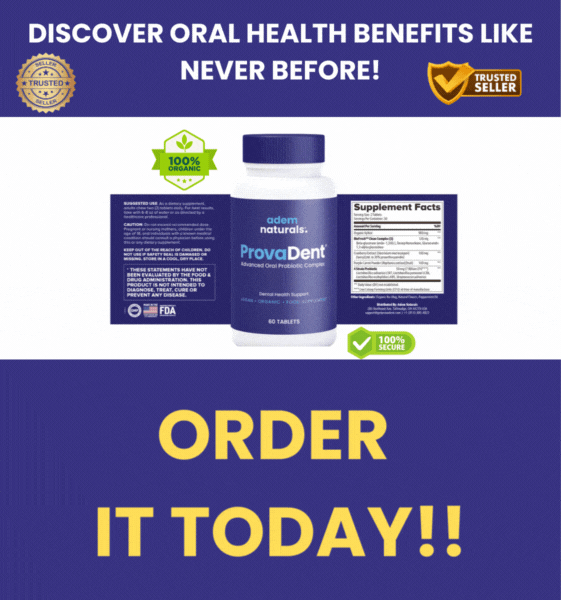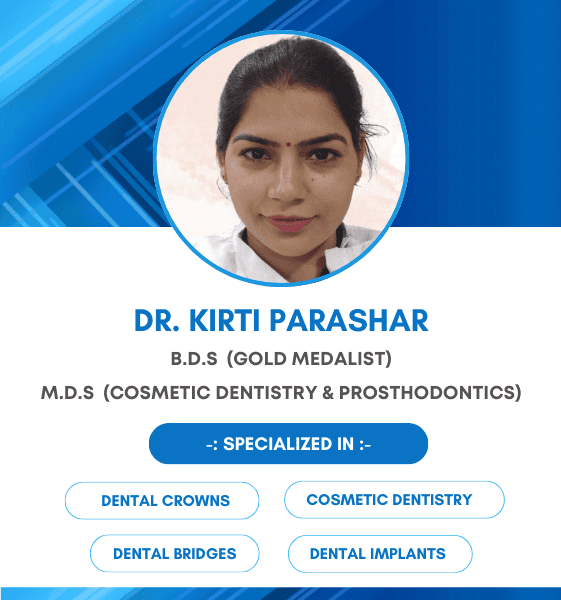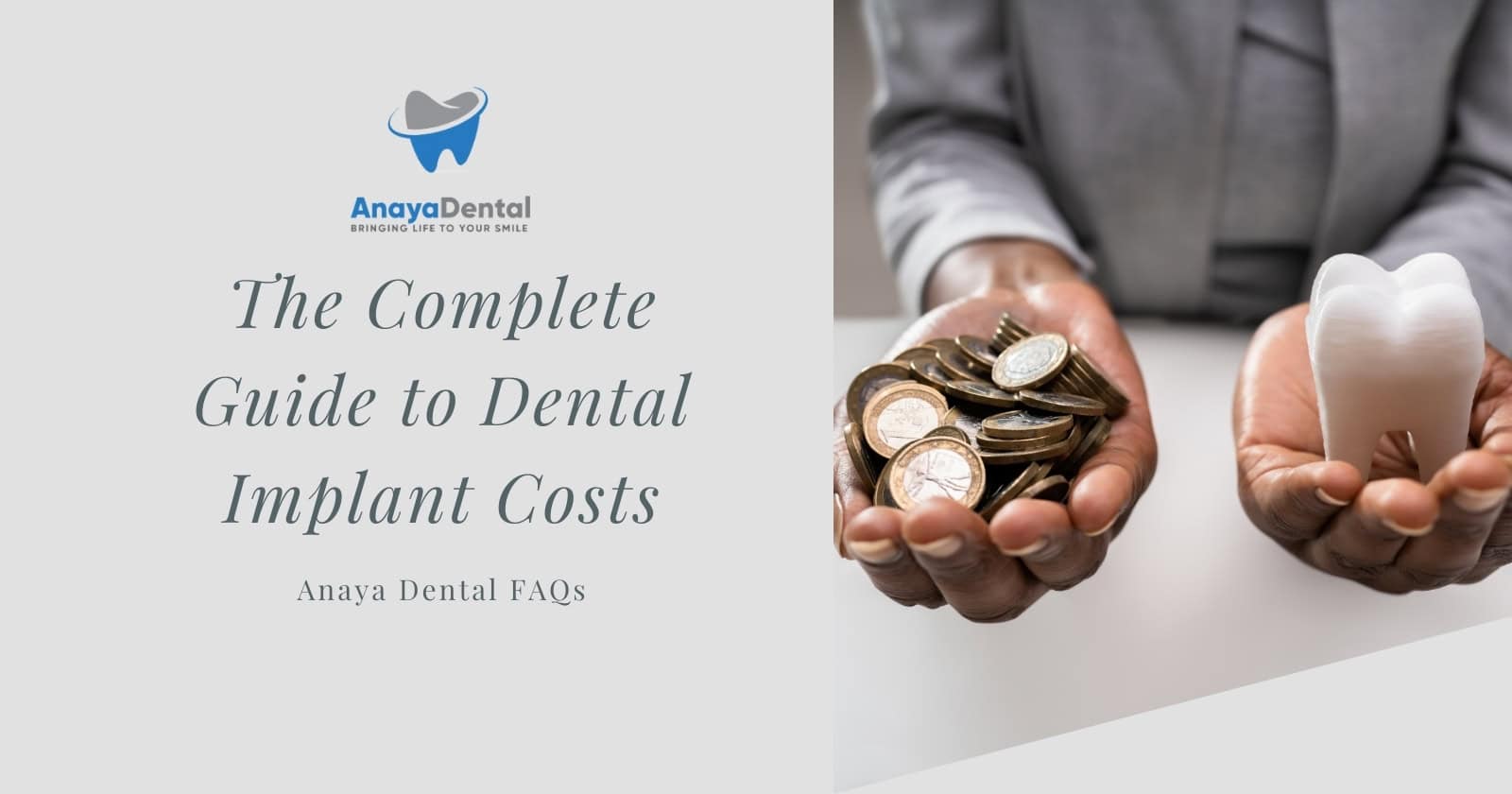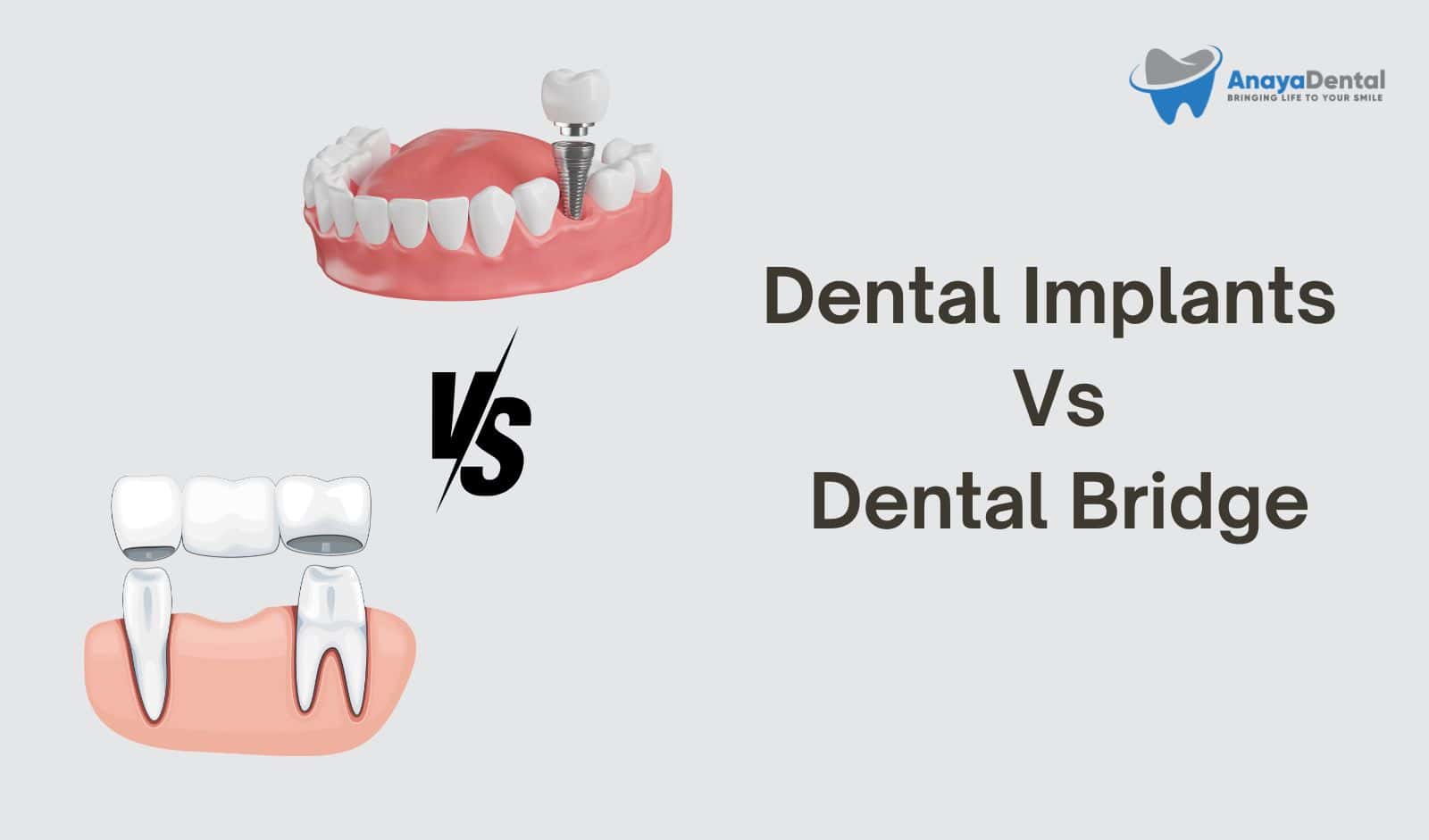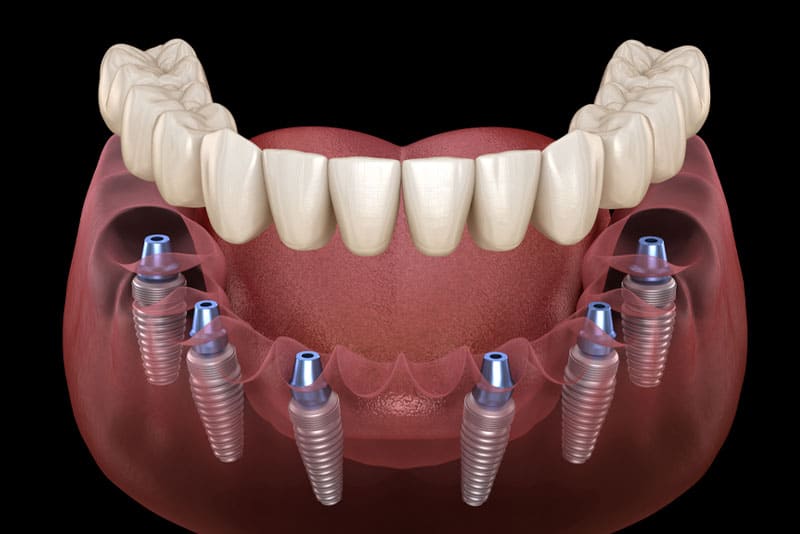WHAT IS A DENTAL IMPLANT?
A dental implant is an artificial substitute of tooth root made up of mainly titanium, placed within the jaw bone. It is primarily used to denote the metallic tooth form that we used to support a crown, bridge, or denture that replaces one or more missing teeth.
Implant surgery consists of two surgeries and several appointments over 3-6 months.
WHY IMPLANTS?
Dental implants can be used to restore partially edentulous(one or few missing teeth) or fully edentulous(all teeth are missing) patients without local contraindications. But, still, there are some conditions in which implants are the best treatment modalities e.g.
- A single missing tooth with healthy adjacent teeth
- Several posterior missing teeth on one side or both sides of jaws
- Sufficient amount of bone to support the implant
- When all teeth are missing and the patient wants a fixed replacement
- Patient with high functional demands

NEED FOR DENTAL IMPLANT
The need for dental implants has been growing year over year and is one of the fastest-growing fields in dentistry over some time. All missing teeth may not and need not require an implant substitute. The need for implants is further reduced by your awareness and perception. Dental implants are more natural and provide a better feel to patients for missing teeth replacement as compared to removable prosthesis i.e. complete denture and removable partial denture. Missing teeth affect various things that necessitate their ultimate replacement e.g.
Try Our Dental Calculators
Self-confidence
Missing teeth affect adversely the self-confidence of the individual. A person becomes self-conscious while speaking to someone.
Jaw bone resorption
Long-term missing teeth affect jaw bone adversely, which decreases the bone height and volume in the long term.
Nutritional requirements
Proper nutrition plays a pivotal role in a healthy body. It makes it a person very difficult to chew food that leads to a decrease in diet and indigestion
Proper speech
Articulation of teeth with tongue and other oral tissues is a must for an effective and fluent speech
TMJ problem
The majority of people with missing teeth get into a convenient bite position for mastication leading to a change in their swallowing and biting posture of jawbones ultimately causing undue and damaging stresses on the temporomandibular joint. This can cause severe pain in your temporomandibular joints.
WHO IS NOT SUITABLE FOR DENTAL IMPLANTS?
Dental implants can be used for almost all kinds of clinical conditions, however, few systemic conditions can affect the outcome. So, these conditions have been grouped into relative and absolute contraindications-
Relative contraindications-
These are the conditions where implants can be placed in milder forms of the disease and avoided in severe forms of the disease-
- HIV- Generally, implants are avoided in HIV patients but if CD4 counts are above 200cell/mm³, then implants can be considered for the treatment.
- Chronic lymphocytic leukemia- The patient has to consult his/her physician before considering dental implants.
- Radiotherapy- If the patient is receiving 45-50 Gy radiation, then implants should be avoided.
- Cancer surgery- 1-year interval should be considered between treatment and implant.
- Smoking- Smoking cessation protocol should be followed at least 2 weeks before implant placement and the patient should not smoke for 3- 6 months post-implant placement to ensure complete healing.
- Cardinal disorders- Recent myocardial infarction, Unstable angina pectoris, Recent cardiovascular surgery
Absolute contraindications-
Age– Below 17 years of age, implant retards bone growth of the surrounding area and should not be used in patients under an active growth of the period.
Smoking+ radiation– Dental implants should be avoided in smokers who underwent radiotherapy.
BENEFITS AND ADVANTAGES OF DENTAL IMPLANTS
Dental implants look natural

The main advantage with the dental implants is that it mimics the natural tooth as an implant is embedded as root.
A dental implant helps prevent bone loss

After tooth loss, if space is not filled, the bone loses 25% of its normal volume within a year and this decrease in volume continues for a lifetime. If space is restored with implants, bone gets continuous stimulation by chewing. This stimulation helps in natural bone growth.
Dental implants improve esthetics

After tooth loss, bone also starts deteriorating which causes the sagging of the face. The lower third of the face also starts to collapse which ultimately leads to the aging effect. Implants help in restoring normal facial profile and improve esthetics because of that you can feel more confident.
Speech and mastication are more comfortable
Implants have the main advantage over removable prostheses, of disadvantage that they are fixed while speaking and chewing. You can eat with the help of implants completely normally.
The versatility of implants
Implants are a versatile treatment modality as removable prostheses or fixed bridges have some limiting factors that can restrain their function to limited cases. But, implants can be used for a single crown, multiple teeth restoration, or all missing teeth.
Dental implants last longer
If you take proper oral hygiene measures and regular checkups, implants are really durable. Though, it requires some adjustments and may be refabrication of prosthesis but, still it is a very good long-lasting option.
Some people ask can dental implants last forever?
As you know there is nothing that can last forever. Various medical and local conditions affect the longevity of any prosthesis. Though, no doubt it is one of the best treatment options. You have to go on regular 6 monthly appointments and proper cleaning to make it last longer. Crown or denture or any prosthesis over implants may need replacement due to wear and tear after some time.
DISADVANTAGES/ DOWNSIDES OF DENTAL IMPLANTS
As we all know, implants are the most popular treatment option for tooth replacement among dental bridges, full or partial dentures. But, unfortunately not every treatment option is suitable for all, the same way dental implants also have some downsides that should be considered before any decision. Some of the negative effects of dental implants are-
Cost
The main and foremost disadvantage of dental implants is that they are the most expensive treatment option, so costly that not everyone can afford it. Also, the cost multiplies depending on the number of teeth, type of restoration, and complexity of the procedure. They might be more or less affordable than you think.
Dental insurance
Another drawback with implants is that insurance companies won’t cover the whole procedure of the implant. Only the crown or denture attached over the implant is covered under the insurance policy but the implant placed surgically is most likely not included in their claim.
Surgery
As you all know, dental implants require surgery to place them in the jaw. Though it’s not a big deal every surgery has chances of some complications such as infection, nerve damage, jaw fracture, delayed bone healing.
Additional surgery

Sometimes, if the bone is less to support the implant, it may require an additional step of surgery of bone grafting. Or, if there is less amount of bone between sinus and ridge or sinus is too close to the jaw bone, it may require sinus lift surgery. These procedures not only increase the healing time, as well as the cost and complications are also increased.
Replacement of restorations
Although dental implants can last for a long term but the restorations placed over the implants need to be replaced after some time due to wear and tear.
Longer healing time
Another major disdvantage with dental implants is that they take a long time to heal. First of all, your dentist will check the amount and density of the bone in your jaw to start the implant procedure. If the bone is sufficient then the implant is placed and allowed to heal for 4-6 months before placing restoration over it. But if the bone is not sufficient, then the bone graft or sinus lift surgery is done before placing the implants which means another 3-4 months of healing. After healing the gums, the process of restoration starts which will also take a few days.
But, nowadays, with advancements in implantology and modern techniques, implants in a day are also possible but only in patients with all medical and local favorable conditions.
FAQs
Que. 1- Truth about dental implants?
Some myths are popular among the common population regarding dental implants. Some of the most popular myths are
Myth 1- Once implants are done, you need not worry for a lifetime
Though the implant is a good treatment option and can last for a longer time but no option is lifelong. A dental implant that is embedded under the jaw bone may last for 15 or more years but the restoration that is placed over the implant needs regular replacements. Implants also need regular checkups every 6 months. Also, you need to be more careful about cleaning and flossing under the implant as food entrapment can lead to bone loss around the dental implant further leading to loosening of the implant and implant failure.
Myth 2- Anyone can have dental implants
Everybody is not a suitable candidate for dental implants for a variety of reasons. All missing teeth may not and need not require an implant substitute. The need for implants is further reduced by your awareness and perception. As discussed earlier in this article, this treatment procedure has some absolute and relative contraindications. But, you can say with some experts that only a few medical conditions are strictly contraindicated for dental implants. Also, if you have uncontrolled gum disease or infection, that should be treated completely before dental treatment for a successful implant.
Que. 2- Does food get under dental implants?

It is very common to get food stuck under dental implants. In some people, teeth contacts are so good that they don’t experience any discomfort while cleaning under implants. But, in a few, food lodgement is more and they face more difficulty due to wide space between contacts or gaps in gums and implant area.
Food entrapment under the dental implant or gumline can cause inflammation of the gums. This inflammation leads to an increase in bacterial amount around the dental implant that further causes bone loss.
Also, food impaction is more serious that occurs due to forcefully wedging of particles or debris in the space between gums and implant. If food is impacted in gums, more inflammation and pain occurs, the condition continues to get worsened by continuous impaction of food in the inflamed and swollen area.
Que 3 – What to do if you have food stuck in your implant?


Taking care of your implants is no more difficult than your natural teeth. Like natural teeth, dental implants should be cleaned at least twice a day with soft- bristle brush. You should do the brushing under and around the implant restoration. An interdental brush should be used to clean the surface around restoration that is hard to reach with a brush. Also, flossing should be done daily using implant-specific floss.
Nowadays, oral irrigators available easily are a good option to clean the debris and particles under the implant. A reservoir is attached to it that is filled with water. A hose is then directed at different areas of mouth, and the water from the reservoir is squirted in the mouth. It is a very good option, if you have implants or having braces to clean the debris.

